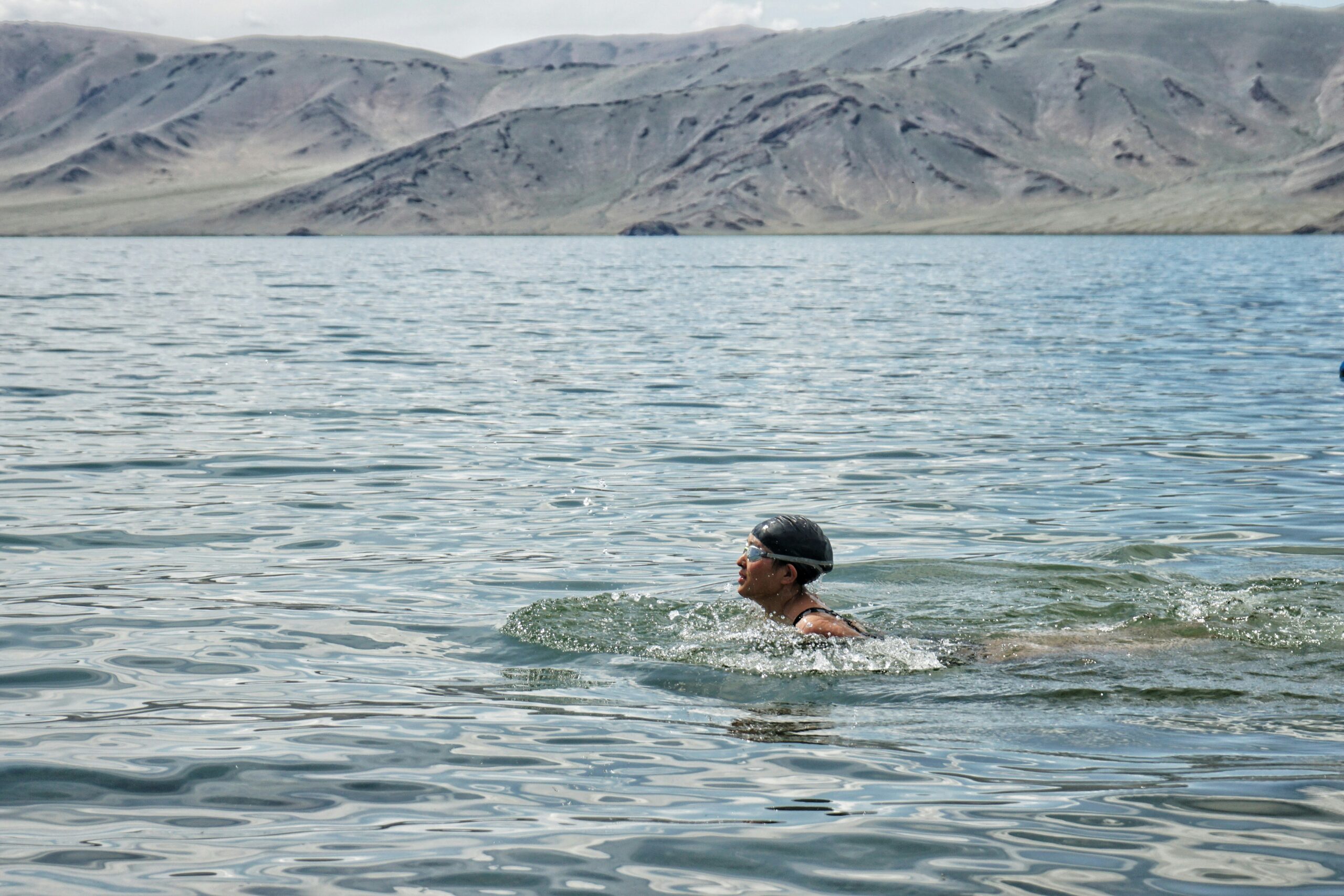The Unsung Hero of Athletic Performance
When we think of athletic prowess, images of sweat, intense training sessions, and heart-pounding competition often come to mind. But let’s not forget about the true unsung hero in this narrative: nutrition. It’s like the secret sauce that can make or break an athlete’s performance. I remember sitting in on a seminar where a renowned sports nutritionist passionately argued that you can train like an Olympic champion, but if your diet isn’t up to par, you might as well be running in flip-flops.
The Science Behind Nutrition
At its core, nutrition is about more than just fuel; it’s about providing the body with the right nutrients to enhance performance, recovery, and overall health. Carbohydrates, proteins, fats, vitamins, and minerals all play vital roles in an athlete’s diet. According to the American College of Sports Medicine, a balanced diet is crucial for optimal athletic performance.
Carbohydrates: The Primary Fuel Source
Carbohydrates are often dubbed the “go-to” fuel for athletes. Think of them as the high-octane gasoline that powers the engine of a sports car—without it, you won’t get very far. Studies suggest that consuming an adequate amount of carbs is essential for maintaining energy levels during prolonged physical activity. For instance, a long-distance runner might consume about 60% of their total caloric intake from carbohydrates to sustain endurance during a marathon.
Proteins: Building Blocks of Muscle
On the other hand, proteins are the building blocks of muscle. Ever heard the phrase “you are what you eat”? Well, for athletes, it’s more like “your muscles are what you eat.” Adequate protein intake is crucial for muscle repair and growth, especially after high-intensity workouts. It’s often recommended that athletes consume anywhere from 1.2 to 2.0 grams of protein per kilogram of body weight, depending on their activity level. (I can hear my gym buddies arguing about this as we debate over protein shakes versus natural sources.)
Fats: The Often Overlooked Nutrient
While carbs and protein often steal the show, fats also play a significant role in an athlete’s diet. Healthy fats, such as those found in avocados, nuts, and olive oil, are essential for hormone regulation and nutrient absorption. They also provide a concentrated source of energy, particularly useful during extended bouts of exercise. So, yes, indulging in that avocado toast might actually be beneficial—who knew breakfast could be so strategic?
Hydration: The Forgotten Element
Now, let’s take a moment to talk about hydration, which can often be the overlooked sibling in the nutrition family. Dehydration can significantly impair performance, leading to fatigue, decreased coordination, and even cramping. Athletes should aim to drink enough fluid before, during, and after exercise to maintain optimal hydration levels. Some studies even suggest that just a 2% drop in body weight due to fluid loss can have a noticeable impact on performance. Talk about a wake-up call for that extra glass of water!
Nutrition Timing: The When Matters
It’s not just about what you eat, but when you eat it. Nutrient timing can be crucial for maximizing performance and recovery. Consuming a mix of carbohydrates and protein before and after workouts can help improve recovery. Personally, I’ve found that a banana and a protein shake post-workout can make all the difference in how I feel the next day. It’s like magic—except it’s just good nutrition.
Pre-Workout Nutrition
Eating the right foods before a workout can provide the energy needed for peak performance. A small meal or snack containing easily digestible carbohydrates about 30 minutes to an hour before exercising can help fuel your workout. Just think of it as revving your engine before taking off on a thrilling ride.
Post-Workout Nutrition
After a grueling workout, your body craves recovery. A combination of protein and carbohydrates consumed within 30 minutes of finishing can help replenish glycogen stores and repair muscle tissue. It’s like giving your body a well-deserved treat for all its hard work.
Special Considerations: Individual Needs
Every athlete is different, and so are their nutritional needs. Factors such as age, gender, body composition, and the type of sport played can influence dietary requirements. For example, a bodybuilder may need more protein compared to a marathon runner, who may prioritize carbs. It strikes me that this is where personalized nutrition plans can shine, helping athletes fine-tune their diets to achieve peak performance.
Consulting Professionals
For many athletes, consulting with a registered dietitian or a sports nutritionist can be incredibly beneficial. These professionals can provide tailored advice based on an individual’s specific needs, preferences, and goals. I once spoke to a dietitian who specialized in working with Olympic athletes, and she had a treasure trove of insights about how small changes in diet could yield monumental performance gains.
Common Myths About Nutrition
As with any field, nutrition is rife with myths and misconceptions. One common belief is that all fats are bad. In reality, healthy fats are essential for the body. Another myth is that protein supplements are necessary for muscle growth. While they can be convenient, many athletes can meet their protein needs through whole food sources. It’s fascinating how much misinformation is out there.
Real-Life Examples
Look no further than elite athletes to see how nutrition impacts performance. Take Tom Brady, for instance. His commitment to a strict diet is well-documented, and he credits it for his longevity in the NFL. It’s not just about what he eats but how he approaches food as a tool for performance. Similarly, Serena Williams has shared insights about her diet, emphasizing the importance of whole foods and hydration. It’s inspiring to see how these champions view nutrition as integral to their success.
Conclusion: Fueling the Journey
In the grand tapestry of athletic performance, nutrition is the thread that holds everything together. It’s the foundation upon which all training, competing, and recovery rest. As athletes continue to push the boundaries of what’s possible, understanding and optimizing nutrition will undoubtedly remain a vital component of that journey. So, the next time you see an athlete sprinting across the finish line, remember that their success is not just a result of hard work and dedication, but also of the careful choices they make in the kitchen.
Final Thoughts
As I wrap up this exploration of nutrition’s impact on athletic performance, I can’t help but think of the old saying: “You can’t out-train a bad diet.” It’s a lesson we’ve all learned the hard way at some point (who hasn’t regretted that late-night pizza binge?). Whether you’re a weekend warrior, a dedicated gym rat, or an aspiring professional athlete, understanding the role of nutrition can empower you to reach new heights in your performance. So, let’s raise a glass of water (or a green smoothie, if you’re feeling fancy) to nutrition—the silent partner in every athlete’s journey to greatness.







